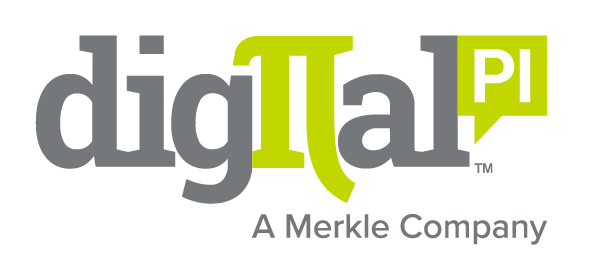As the leader of demand gen for your company, why should you care about email deliverability? It could be because 10-20 percent of your marketing communications never reach the target’s inbox, or maybe your company’s reputation is just too important to ignore deliverability.
There are many risky behaviors that can lead to deliverability problems, including purchasing lists of unknown contacts, loading your database with bad addresses, or sending “spammy” sounding emails. However, there are some basic precautions that will help to increase your deliverability, and good news, they are easy to fix!
For example, Digital Pi recommends that firms use dedicated IP addresses and sender IDs, but it’s important that your IT people configure SPF, DKIM and DMARC. This article will discuss how they work.
Low Hanging Fruit for Email Deliverability
Many of your prospects protect themselves against security attacks by checking to see if the senders are valid companies. They do this using DMARC (Domain-based Message Authentication, Reporting & Conformance), SPF (Sender Policy Framework) and DKIM (DomainKeys Identified Mail).
Here are some scenarios that describe how these technologies benefit your firm, your marketing and your customers:
- Email servers reject a significant percentage of the emails you send, because they cannot be validated by the receiving servers.
- A hacker creates an email with your logo, and what looks like an email from your company, but because you use SPF, DKIM and DMARC, the hacker’s phishing attempt is blocked and the emails never reach their intended target and your IT department is alerted to the problem.
How these email technologies work:
- SPF works by publishing a record that shows if the sent email came from an IP address that is authorized as part of your email domain. The sender’s address is verified when the email is received by the prospect’s email server.
- DKIM appends your emails with an encrypted key, which when decrypted by the recipient’s email server, will validate the sender as being legitimate. Gmail, Yahoo, and other email providers use DKIM.
- DMARC requires both SPF and DKIM checks to pass, but also checks the domain in the sender’s email address to see if it aligns with the SPF and DKIM domain information. As an added safety mechanism, DMARC ensures that the receiver sends a daily report to the sender about how many sender emails were received and if they passed or failed the SPF and DKIM checks.
Next steps
Talk with your IT department or email provider about setting up SPF, DKIM and DMARC. These are all simple fixes that can be configured in a short time, but they will help improve your email deliverability by proving to your prospects that you are a valid company.
Here are some links that can assist your IT department with the configurations:
- Marketo – Setup SPF and DKIM for your Email Deliverability (http://pages2.marketo.com/rs/marketob2/images/SPF-and-DKIM-for-Email-Deliverability.pdf)
- Information of DMARC setup can be found at www.DMARC.org


